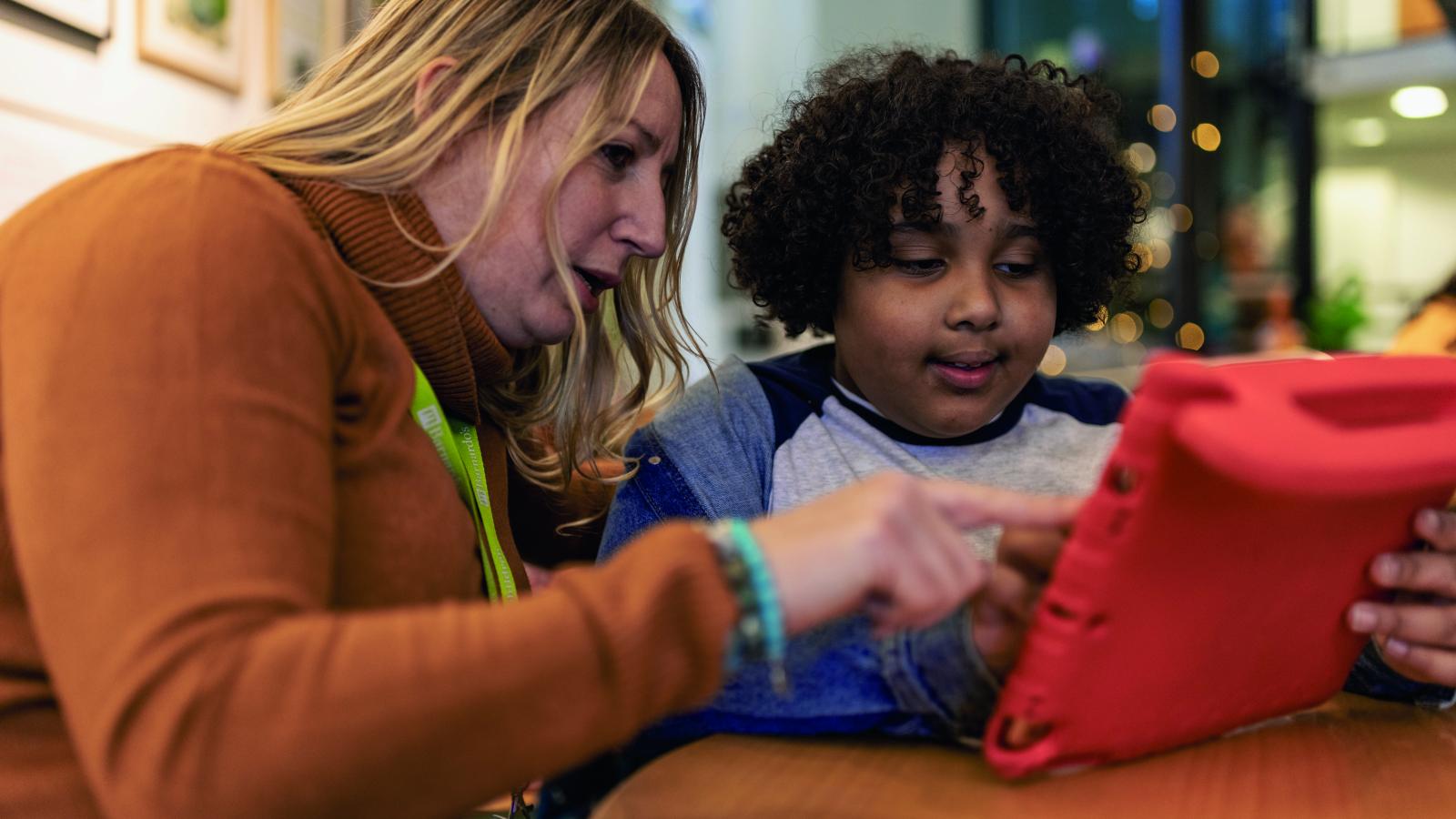We speak to Louise Godfrey, Team Leader at Surrey Positive Parenting Service, about her work with autistic children and their families.
Autism affects the way a person experiences and interacts with the world around them.
Some autistic children and young people might find it hard to communicate. Others may find it tough to understand how other people think or feel. Meanwhile, some autistic children might find bright lights or loud noises overwhelming and uncomfortable.
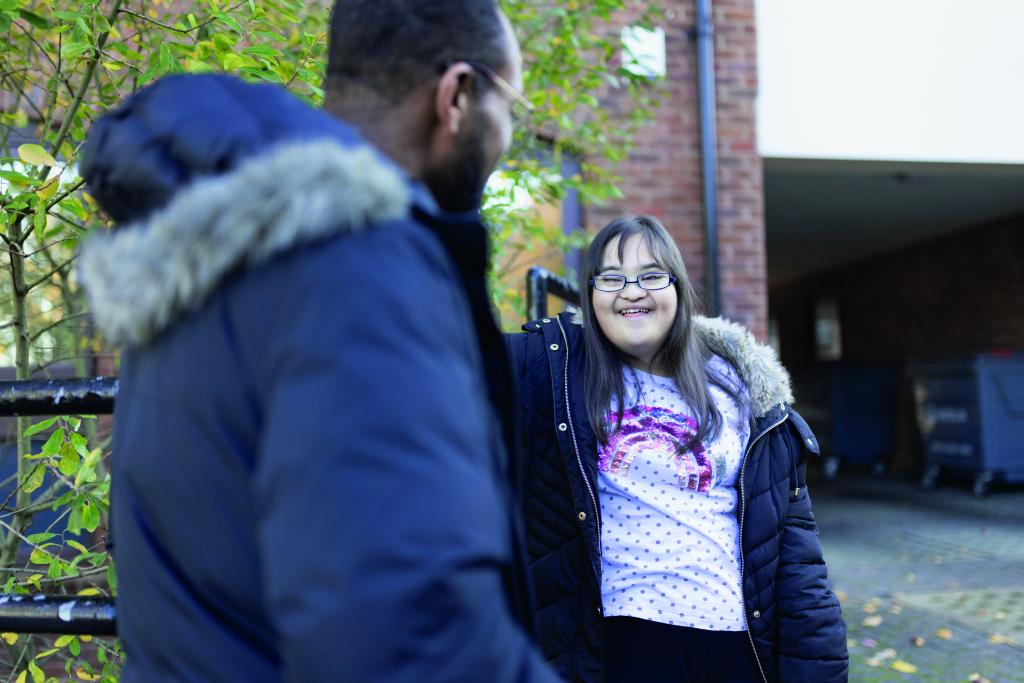
It varies from person to person, and because of this, it’s often described as a ‘spectrum’ condition.
Autistic people can also be described as ‘neurodivergent’. This simply means that their brain works, learns, and processes information differently to how others expect. This term is used to describe people who are autistic, as well as those who have ADHD, dyslexia, dyspraxia or other neurodivergent experiences.
As they grow up, many neurodivergent children will go on to live independent lives, while others might need extra support to help them thrive.
Louise Godfrey, Team Leader at Barnardo’s Surrey Positive Parenting Service, provides specialist autism and ADHD support for families of children aged 0-5.
She tells us about the incredible children and their families she supports and how others can benefit from the service.
What inspired you to work with neurodivergent children and why are you so passionate about this work?
From my first day volunteering, I was drawn to neurodivergent children. They’re a joy to work with.
The volunteering turned into a permanent position, which in turn allowed me to do additional training and professional development around autism. I started to develop a deeper understanding of the difficulties they faced living in a world geared towards neurotypical people. I realised it was possible to make the world an easier place for them to live in.
Working with neurodivergent children is so special because they see the world in a unique way. They challenge us to change the way we view things and make that step to enter their world. It’s so rewarding watching these children develop, because what may seem like small steps are often huge.
What are the common challenges that autistic children may face?
A lot of challenges that autistic children face are sensory-based. The world is a brightly coloured, noisy place. It’s also filled with strange smells and strange people, who don’t always say what they mean and try to touch you when you least expect it.
Having to cope with all those sensory experiences whilst carrying outing daily activities can be overwhelming for them.
Some autistic children also have delays with their speech or social communication skills, so they can’t always get their needs across. This is a high source of frustration, especially in the early years.
What support do you offer at the Surrey Positive Parenting Service to help them and their families?
The Paediatrics Team within Surrey Positive Parenting Service runs parenting groups online. This allows parents and carers to access them in the comfort of their own home without having to worry about organising childcare.
We provide families with advice and strategies on parenting neurodiverse children. When specific issues come up within the groups, we can tailor sessions to cover those issues, or a team member can call them separately to offer specific advice.
We also give families some basic information about their child’s diagnosis to help them understand it a little better, as well as some information about the Educational and Health Care Plan (EHCP) process.
How can families benefit from the service?
One of the things that most families take away from our groups is that they no longer feel alone.
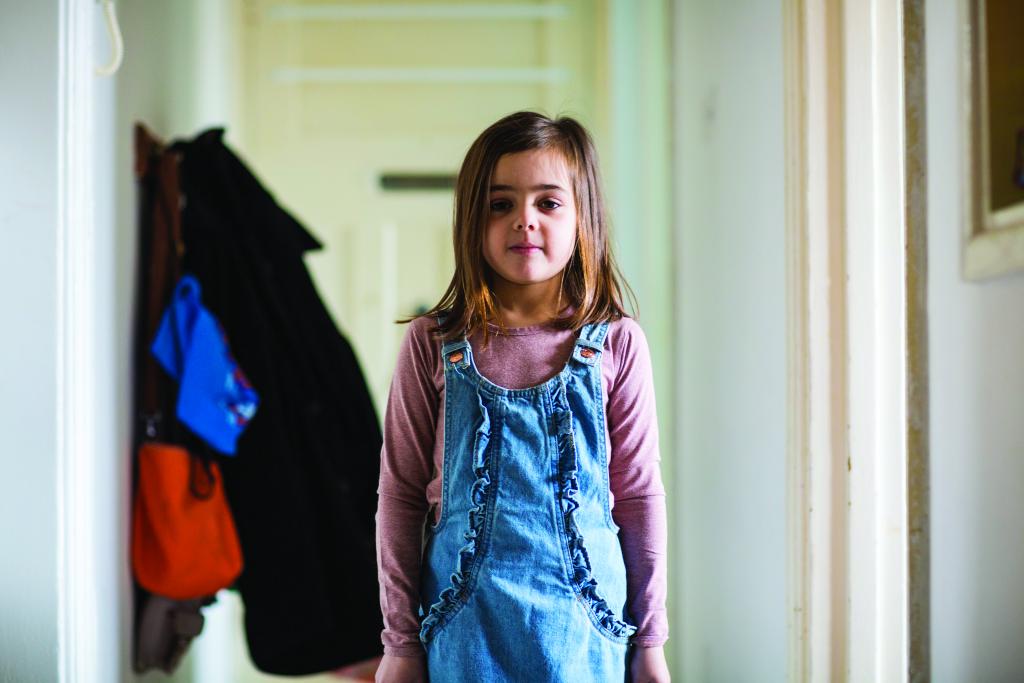
They have had the opportunity to meet other families facing the same struggles that life with a neurodivergent child presents.
Another thing that families take from our groups is a better understanding of their child’s behaviour. For some, this is a huge step. They had previously been led to believe that their child was just being ‘naughty’ and needed to be ‘punished.’
That moment when they realise ‘This is my child asking for help. This is my child not coping. This is my child in distress.’ is amazing.
Their whole mentality shifts from ‘How do I stop my child from behaving this way? Are they purposefully winding me up?’ to ‘What is this behaviour communicating to me? What can I do to make things right for my child?’
This shift in thinking can only have positive outcomes for their neurodivergent child.
Many autistic people process sensory information differently. Do you have any tips or coping strategies for dealing with sensory issues as a family?
If you’re around someone who struggles with sensory issues, I’d suggest being aware of it. Think about the environment around the child. Is it too bright? Does the lighting flicker? Is it noisy?
Sunglasses and ear defenders can help in such situations. Sensory or fidget toys are simple but effective too.
Some children also find it useful to have a ‘sensory diet.’ These are activities to help children who are overreactive feel calmer, and underactive children feel more alert.
For calming activities, they could try deep pressure massage or sitting under a big, heavy blanket. For alerting strategies, they could do physical activities like jogging, running, or clapping activities.
What advice would you give a parent or carer whose child is autistic?
Give yourselves time to come to terms with the diagnosis – a lot of families need to go through a ‘grieving’ process where they realise that their child’s life won’t be quite what they had planned out for them.
I'd recommend reading the poem “Welcome to Holland” by Emily Perl Kingsley – it’s beautiful and will remind you just how amazing your child is.
More than anything else, celebrate! Your child is an amazing individual who will teach you so much and change the way you view things
Louise Godfrey
Team Leader at Surrey Positive Parenting Service
Find other parents in the same situation, as they are often the best sources of support. And when looking at schools, ask questions about how they adapt the school environment and teaching methods to suit autistic children.
Is there anything that you’d love to tell everyone about neurodiversity that they may not already know?
Neurodivergent people see that divergence as a huge part of their identity: they celebrate it in themselves.
I’d also say that being neurodiverse doesn’t stop people from doing what they want to achieve – they just need the right things put in place to help them succeed.

Support for SEND children
Learn more about our work supporting children with special educational needs and disabilities (SEND).
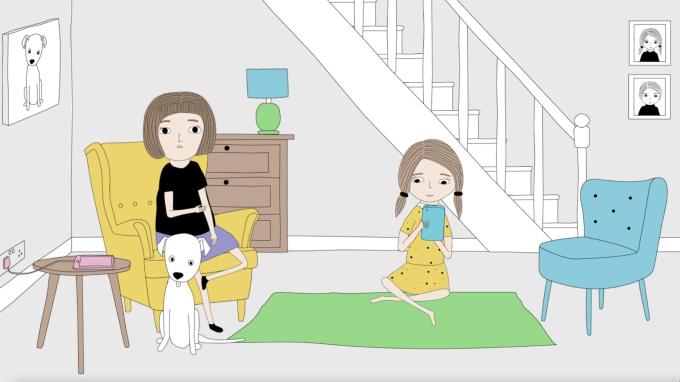
Keeping children safe online: how to start the conversation
Struggling to talk about online safety with your child? Here are some expert tips on how to start the conversation
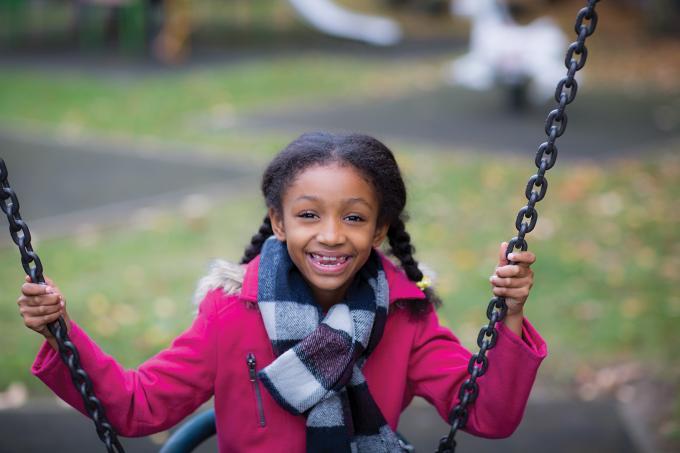
Barnardo's Family Space
The Family Space is here for you: to help you find information, advice, guidance and support for all stages of your parenting or caring journey.

